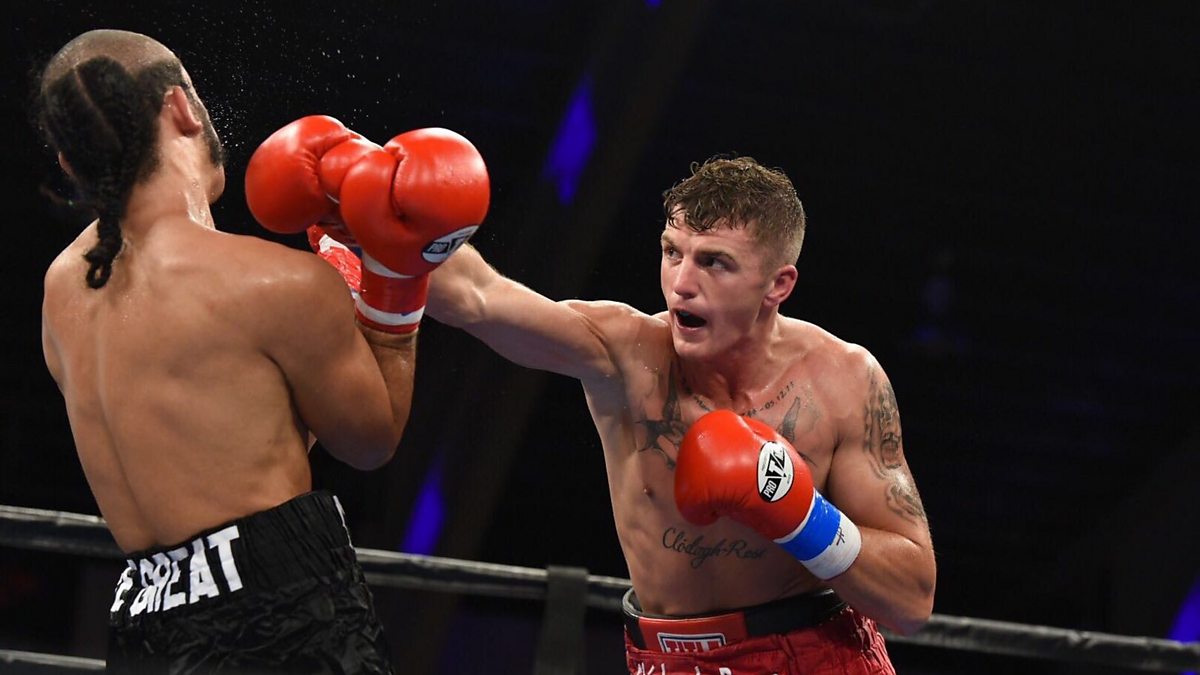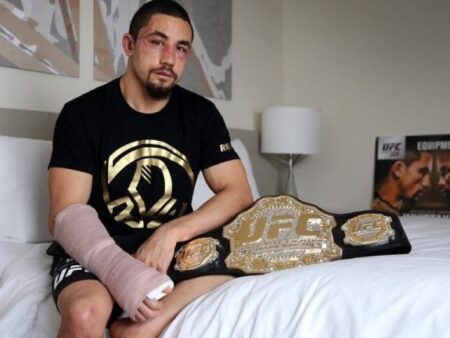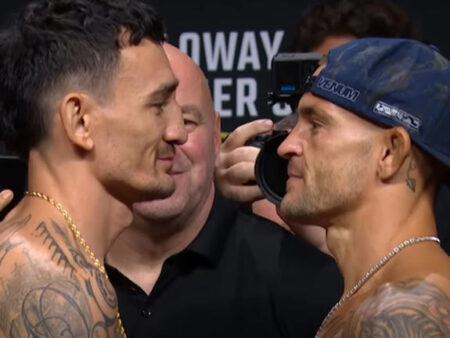
The world of professional boxing, often lauded for its raw athleticism and disciplined training, recently found itself grappling with a familiar, unwelcome adversary: doping. The February 14 middleweight contest between Vito Mielnicki Jr. and Connor Coyle, initially ending in a majority draw, has now been officially overturned to a ‘No Contest’ by the New York State Athletic Commission. This decisive action follows Connor Coyle`s failure of a post-fight drug test, casting a long shadow over what was once perceived as a competitive, albeit close, encounter.
The Unraveling of a Contested Draw
The fight at Madison Square Garden Theater concluded with scorecards reading 96-94 for Mielnicki, alongside two 95-95 ties, leading to the initial majority draw. For boxing purists, a draw can often be unsatisfying, leaving questions about who truly edged it out. However, the subsequent investigation by the New York State Athletic Commission has resolved these questions in a manner few would have anticipated. Coyle`s agreement to the result change, in the wake of his failed drug test, effectively rewrites history.
The Northern Irishman, at 35 years old, now faces an undisclosed period of suspension. While the duration of this ban remains confidential, the immediate impact is clear: the integrity of that particular bout has been called into question, leading to its official nullification. For Vito Mielnicki Jr., this ruling brings a significant improvement to his professional record, which now stands at 21-1 (12 KOs). Conversely, Coyle`s official ledger, due to the `No Contest` ruling, paradoxically remains an unblemished 21-0 (9 KOs) – a technicality that offers little comfort in the face of a drug violation.
The Fighter`s Voice: Outrage and Integrity
Vito Mielnicki Jr. did not mince words when the commission`s decision came to light. Taking to social media, he expressed a sentiment shared by many clean athletes:
“Connor Coyle suspended indefinitely for failed drug test. Cheated the sport, cheated yourself and STILL couldn’t beat me. Was a majority draw on paper (idk how) but still wasn’t on my level. Respect the sport, real fighters don’t need shortcuts.”
Mielnicki`s impassioned statement cuts to the core of the issue: the perceived betrayal of sportsmanship. The notion of an opponent gaining an unfair physical advantage through prohibited substances strikes at the very essence of fair competition. It`s a sentiment that resonates deeply within the combat sports community, where the physical demands are immense and the risks inherent.
A Broader Concern: The Fight for Clean Sport
This incident with Coyle is not an isolated one, highlighting a persistent challenge within boxing. Just days after the Coyle-Mielnicki ruling, another high-profile case emerged: Francisco Rodriguez Jr., who had defeated Galal Yafai in a WBC Interim flyweight title fight, also tested positive for prohibited substances. Even more concerning was the revelation that Rodriguez had failed a previous test as well. While the WBC initially opted for probation and a rematch, they ultimately reinstated Yafai as Interim champion, a clear recognition of the damage done to fair play.
These cases serve as stark reminders of the ongoing battle faced by athletic commissions and governing bodies. Their role is not merely to sanction fights, but to safeguard the health of athletes and the integrity of the sport itself. The pursuit of victory at any cost, particularly when it involves skirting established anti-doping regulations, undermines the fundamental principles upon which competitive sports are built. It erodes trust, devalues hard-earned victories, and ultimately tarnishes the reputation of the “sweet science.”
Looking Ahead: Upholding the Standard
As the boxing world moves forward, these instances reinforce the critical importance of robust anti-doping protocols. The consequences for athletes who choose to violate these rules must be clear and consistently applied. For Connor Coyle, the path back to the ring will depend on the length of his suspension and his commitment to adhering to clean sport principles. For Vito Mielnicki Jr., his record is now rightfully adjusted, and he has since secured a clean victory in his middleweight debut against Kamil Gardzielik.
The message from the New York State Athletic Commission and the broader boxing community is unequivocal: shortcuts have consequences. The spirit of fair competition and the health of its athletes are paramount. It is an ongoing vigilance, ensuring that when the bell rings, it signifies a contest of skill, strength, and honest endeavor, not chemical enhancement.









